Indigenous Governance Database
language

In Lakota Nation, people are asking: Who does a language belong to?
From NPR's "Code Switch" podcast episode page:Many Lakota people agree: It's imperative to revitalize the Lakota language. But how exactly to do that is a matter of broader debate. Should Lakota be codified and standardized to make learning it easier? Or should the language stay as it always has…
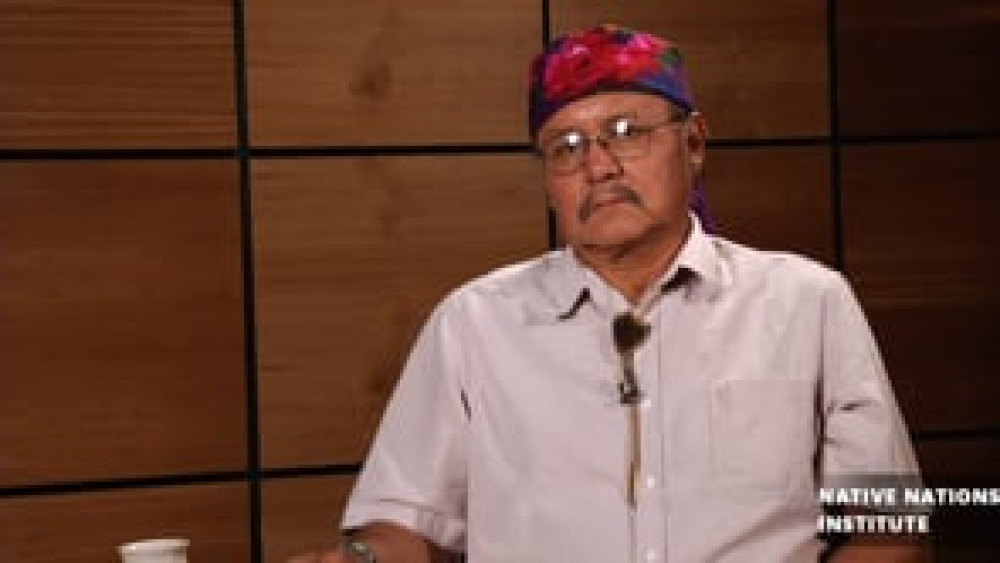
Avery Denny: Origins of Navajo Leadership
Avery Denny is a member of Diné Medicine Man’s Association and is faculty at the Center for Diné Studies at Diné college Diné hatáli. As an instructor for over 29 years, he has taught courses on herbology, holistic healing, and Diné culture, oral history and philosophy. Avery…
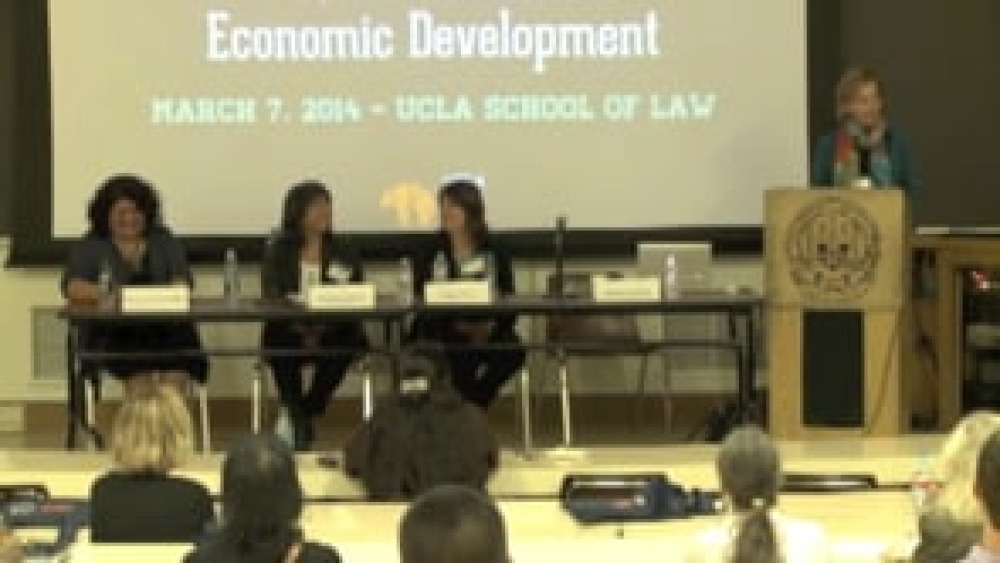
Good Native Governance Plenary 3: Innovative Research in Education: Educating Tomorrow's Tribal Leaders
UCLA School of Law "Good Native Governance" conference presenters, panelists and participants Tiffany S. Lee, Sheilah E. Nicholas, and Tarajean Yazzie-Mintz focus on the process of educating tribal leaders, youth, and entire communities through relationships and collaborations. This video…
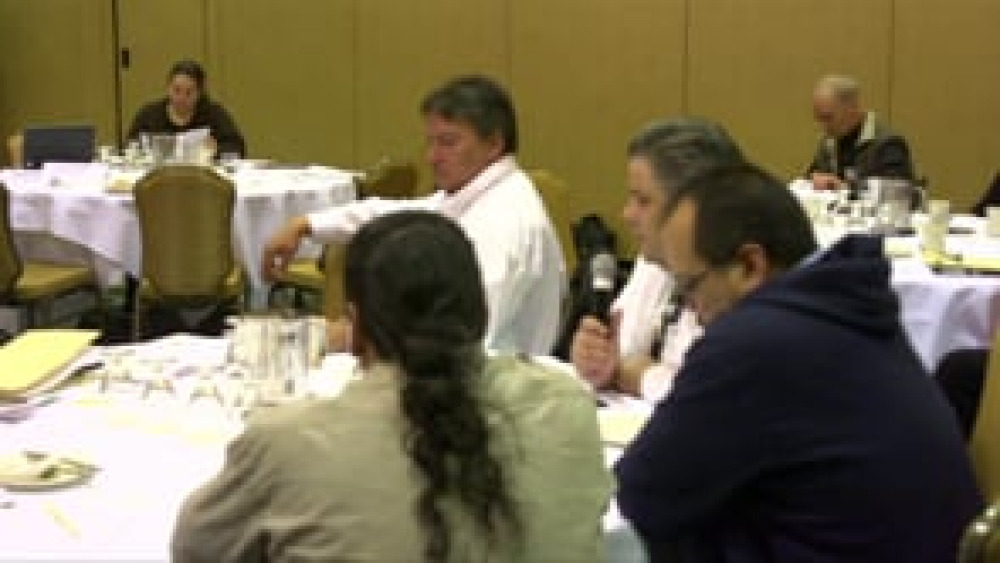
Jill Doerfler and Matthew Fletcher: Defining Citizenship: Blood Quantum vs. Descendancy (Q&A)
Panelists Jill Doerfler and Matthew Fletcher fields questions from the audience, and several participants offer their heartfelt perspectives on the complicated cultural and social dynamics surrounding citizenship and identity in their respective Native nations and communities. This video…
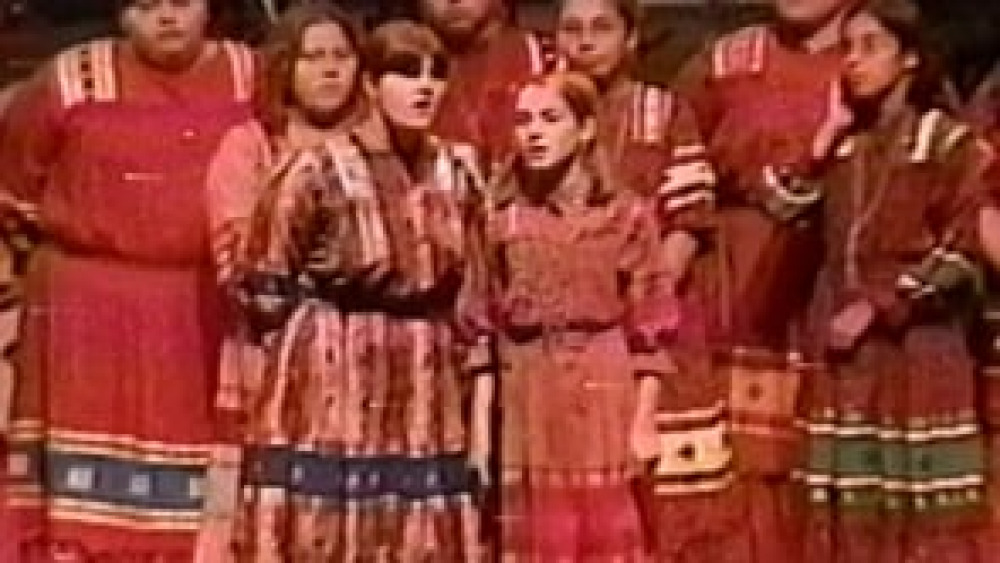
Cherokee National Youth Choir - Video
This video -- produced by the Cherokee Nation Education Department -- is a sample reel of the Cherokee National Youth Choir, an innovative approach to promoting and encouraging the use of the endangered Cherokee language among its youth while also instilling Cherokee cultural pride. The award-…
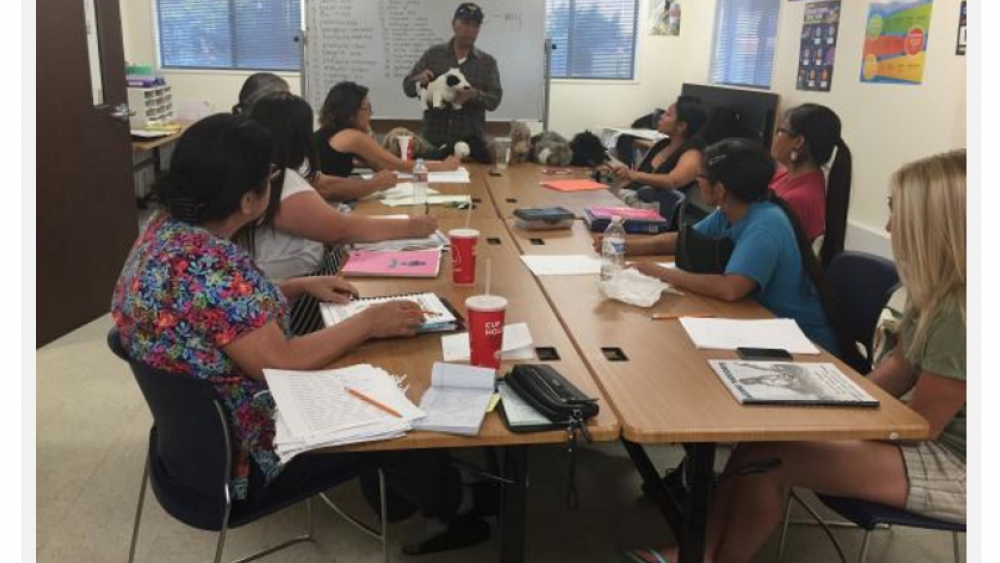
Native Language: Pathway to Traditions, Self-Identity
Stacey Burns says a transformation has taken place within the Reno-Sparks Indian Colony from something as old as the Washoe, Paiute and Shoshone tribes themselves: their native languages...
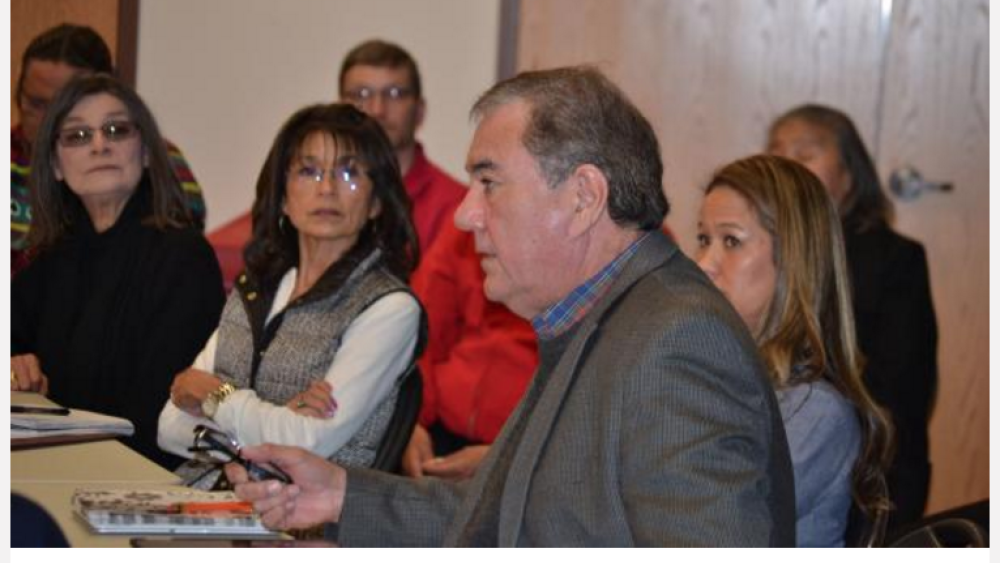
Fluent Osage Speakers are a Priority for Osage Nation
The state of Osage language preservation has reached a critical point and Osage Nation Chief, Geoffrey Standing Bear, just months after his inauguration, is making Osage language immersion a priority. The Chief’s plans include the continued collaboration of the Osage Nation Language Program with…
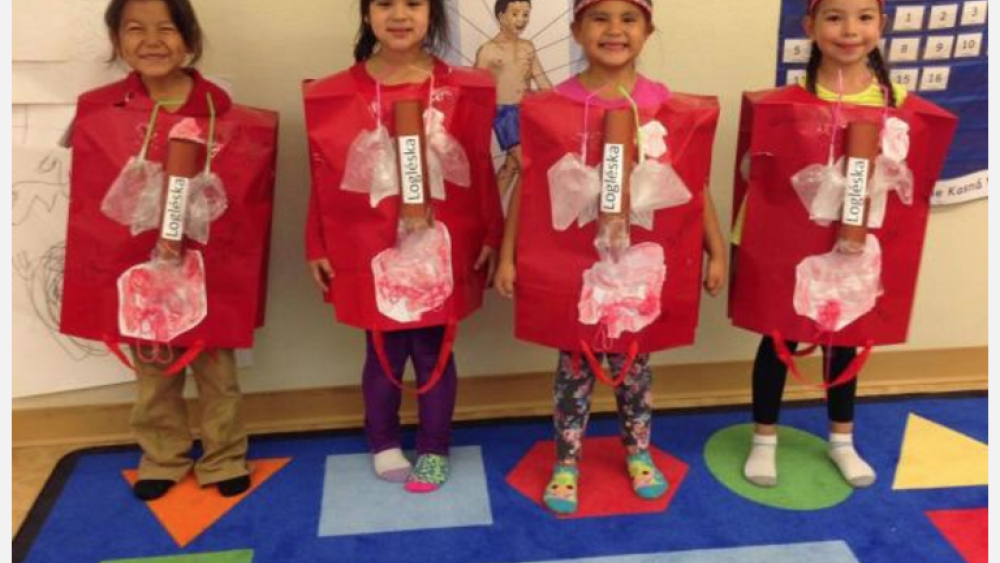
Challenges and Solutions to Keeping the Lakota Language Alive
“There is more to an immersion school than simply bringing in elders and having them teach the children,” said Sunshine Carlow, education manager of Lakȟól'iyapi Wahóȟpi, the Lakota Nest Immersion School on the Standing Rock Reservation in South Dakota...
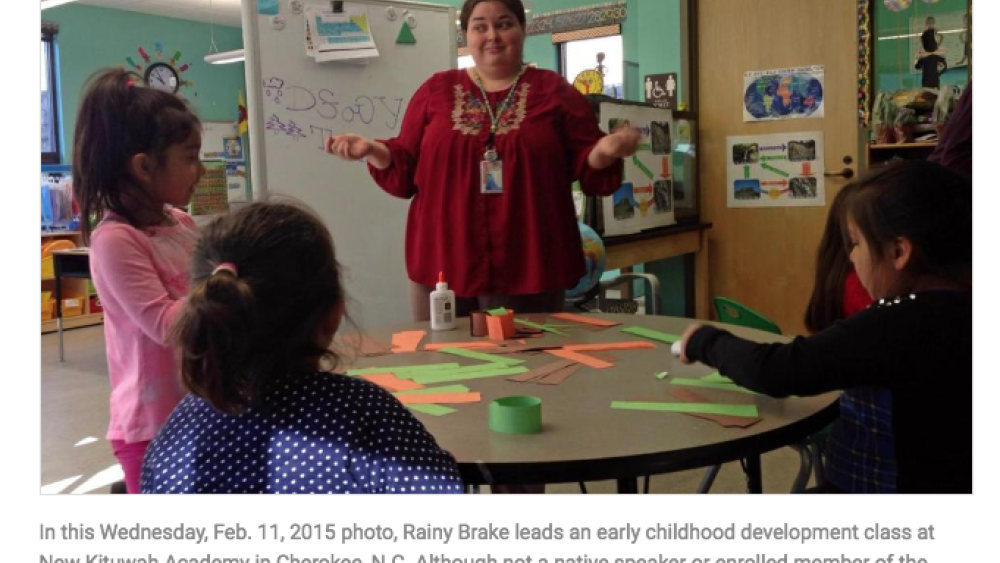
Hopes of preserving Cherokee language rest with children
Kevin Tafoya grew up hearing Cherokee all around him – his mother, a grandmother and grandfather, aunts and an uncle all spoke the language that now is teetering on the edge of extinction. Yet his mother purposely didn’t teach him. “She told us she had a hard time in school transitioning from…
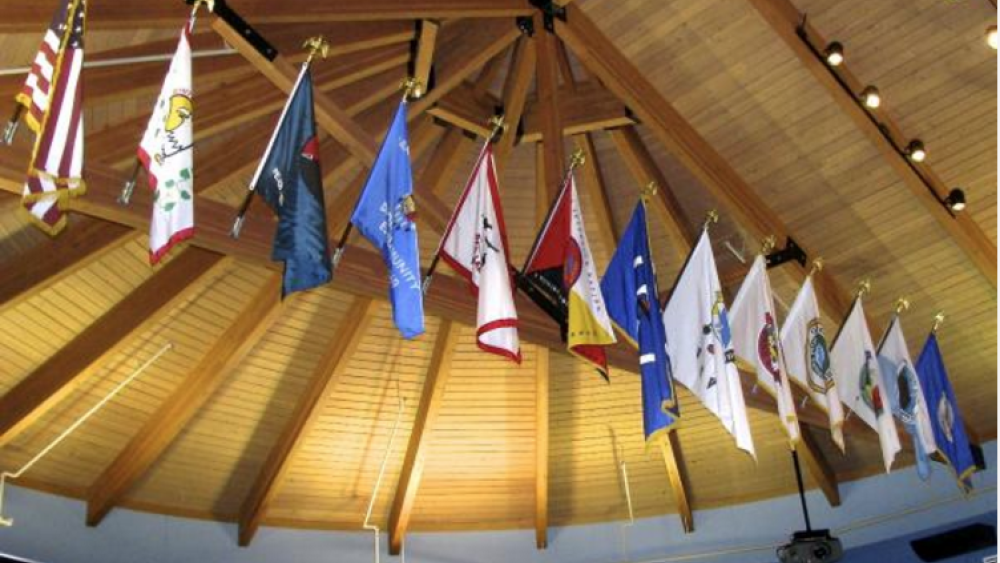
Red Lake Constitutional Reform Informational Meetings Held
The meeting at Bemidji was one leg of the second round of informational meetings conducted by the Red Lake Constitutional Reform Committee (CRC) in order to seek input and feedback from the membership regarding Constitutional Reform. Meetings are held in Duluth and the Twin Cites in addition to the…
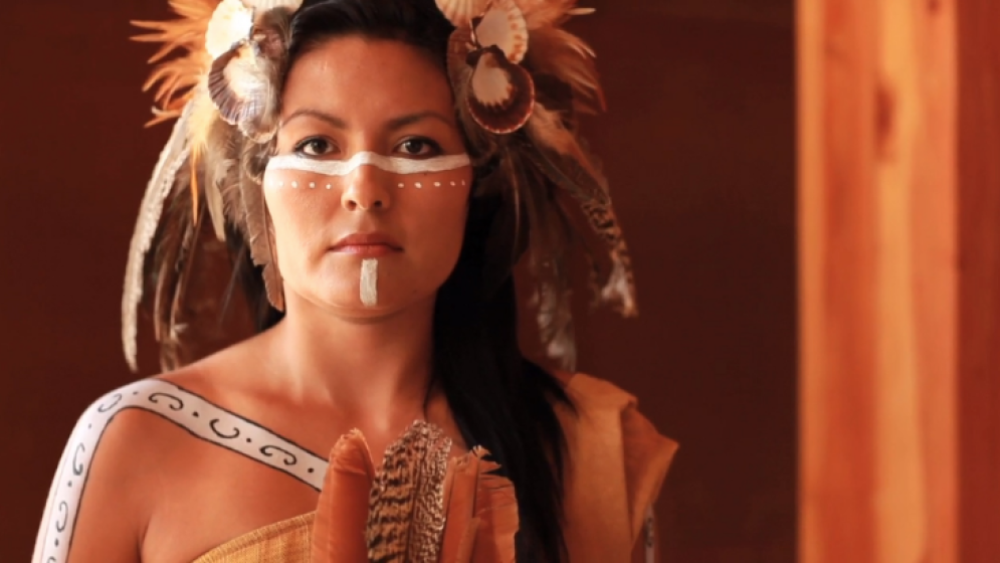
Chickasaw Nation: The Fight to Save a Dying Native American Language
A 50,000-year-old indigenous Native American tribe that has weathered the conquistadors, numerous wars with the Europeans, the American Revolution and the Civil War is now fighting to preserve its language and culture by embracing modern technology. There are 6,000 languages spoken in the world…
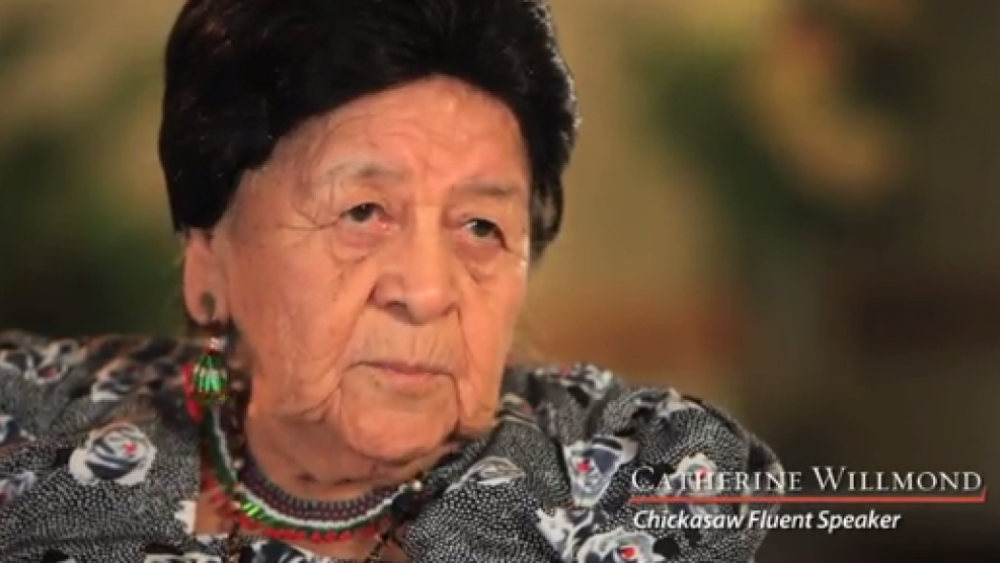
Survival of the Chickasaw Language
Chickasaw is an endangered language, but its chances of survival are much better thanks to the life's work of fluent speaker Catherine Willmond and linguist Pamela Munro. From beginners to conversational speakers, their books have become staples to students of the Chickasaw language everywhere.
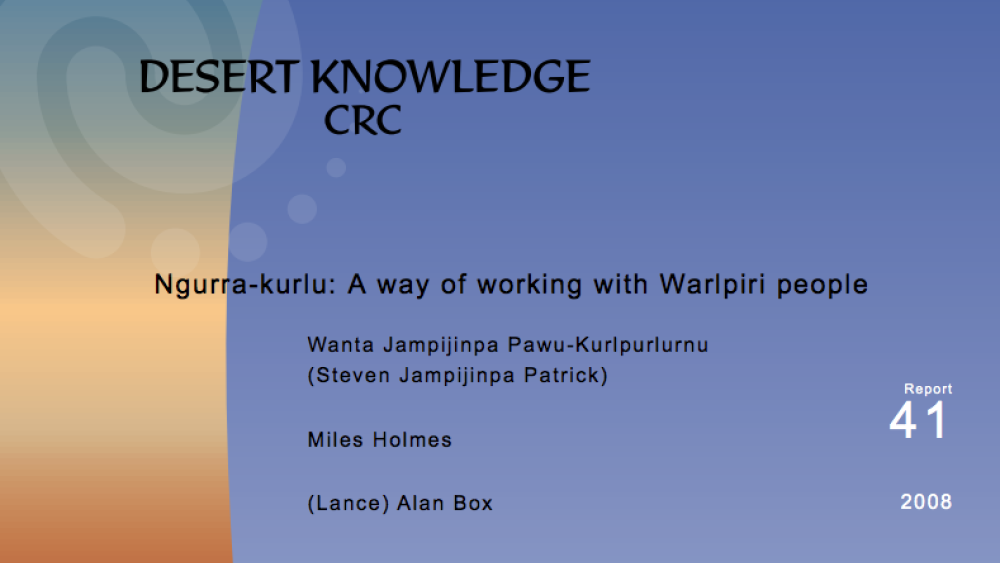
Ngurra-kurlu: A way of working with Warlpiri people
Ngurra-kurlu is a representation of the five key elements of Warlpiri culture: Land (also called Country), Law, Language, Ceremony, and Skin (also called Kinship). It is a concept that highlights the primary relationships between these elements, while also creating an awareness of their deeper…
